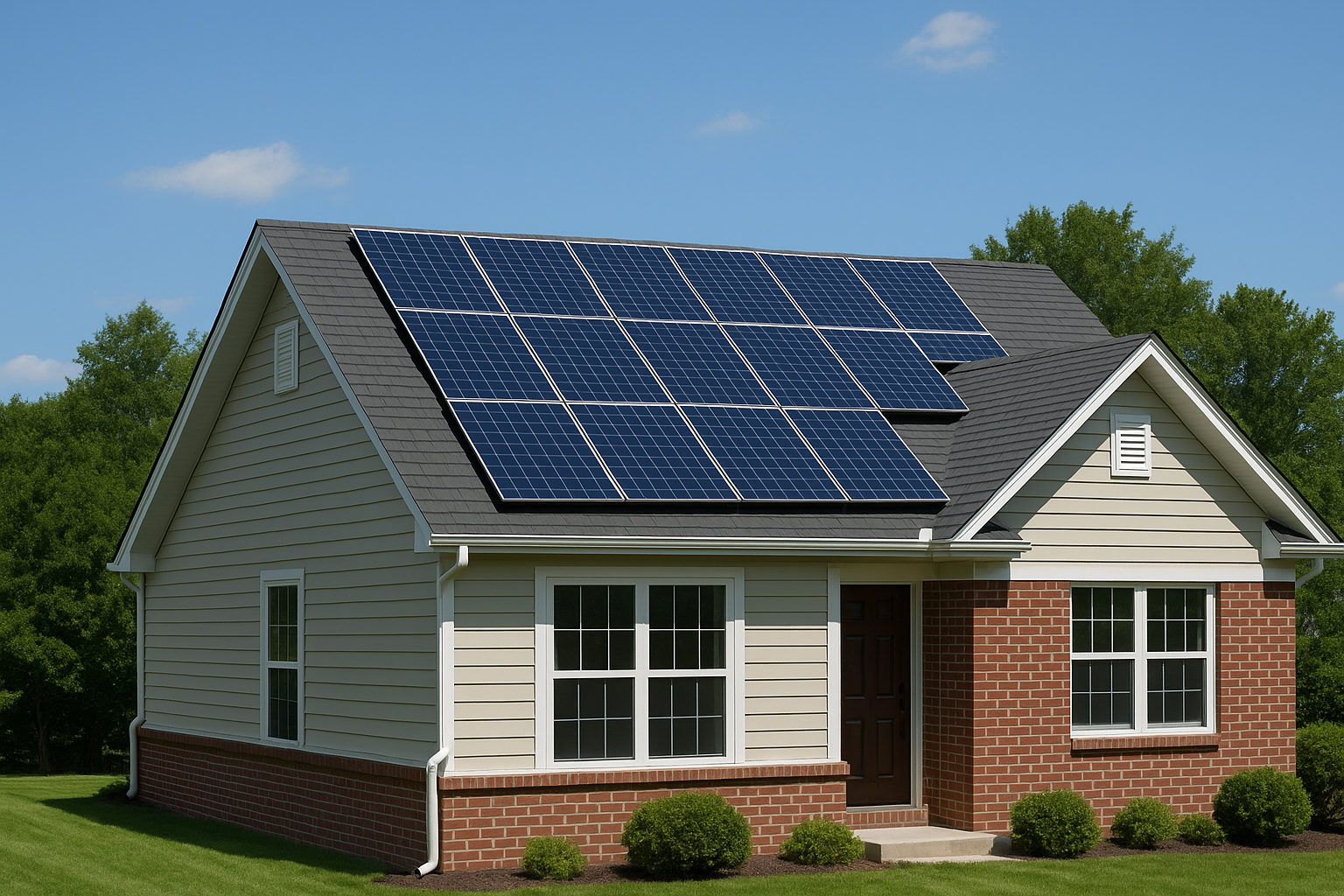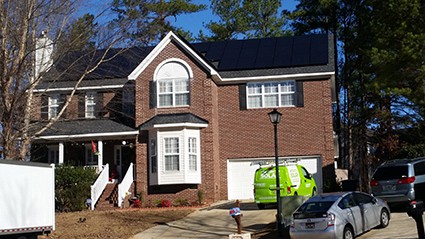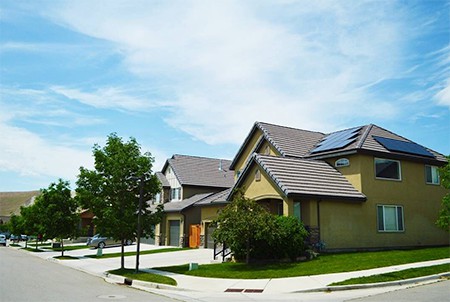Solar power is a great investment for your home, and it’s something that a lot of people in Texas (and other areas) are looking into. Texas gets lots of sun, so it’s a great place for optimizing solar panels to power your home or business.
Why do People Like Solar so Much?
Solar power is the future, or at least that’s what a lot of people think. But why is solar power so big right now? There are a lot of reasons why people are turning to solar installation for their homes, but we’ll list just a few of the most important advantages here:
Cheaper power bills–when you have a solar panel system helping produce energy for free right at your home, you’re likely to see a substantial reduction in your power bills, since you’re generating some or all of the energy you need without having to draw on the city’s or company’s grid. On average, many homes will see a 20-30% reduction in their electricity bills. Some solar systems even allow you to sell back extra power to the company for a profit, if you end up with more than you need.
Reliable backup power–We’ve likely all experienced power outages; extreme weather has been known to cause Texas grid outages in the past, and likely will continue to do so at times. Having your own solar panel system at your home helps you be more prepared for these situations, since most systems will be able to produce at least some of the energy that you need even while the city’s power is down. Keep your family warm and your perishable food cold, even in emergency situations.
Increased home value–Does solar panel installation increase the home value? In short, yes! Homes with solar panels tend to sell for over 4% more than homes without them. The more extensive your system is, the more it will obviously be worth to the home’s overall value. There are a lot of people out there looking to move into a home with a solar energy system already installed, and whether you’re selling your home or just have it appraised for other reasons, solar installation will raise your property value.
Low upkeep–Most of the time, a solar energy system is pretty much a one-and-done deal: you get them installed, and then they work without much fuss. And, if they do run into issues in the future, most solar companies offer long-term warranties of up to 25 or 30 years, so repairs should be easy once you contact them.
Types of Solar Panels
There are 3 main types of solar panels that are worth looking into:
Monocrystalline Silicon Solar Cells–This type of solar panel is both the most efficient and the most expensive. Monocrystalline solar panels take up less space than other kinds, because you need fewer of them to get the power you’re looking for, and they also tend to have the greatest longevity and quality. This, of course, does translate into higher prices.
Polycrystalline Silicon Solar Cells–These panels are not quite as efficient as the monocrystalline panels, meaning that you will often need to buy more panels in order to achieve the same energy output. They also do not perform quite as well in hot climates as monocrystalline cells would, meaning that they may not be the best choice for some parts of Texas.
Thin Film Solar Cells–These are usually the cheapest type of solar panel, as they are easier to produce in large quantities. However, being cheaper than silicon panels does not make thin film cells useless. On the contrary, these cells are actually “not as affected by shading and high temperatures” as silicon cells, meaning that even though they take up around 4 times as much space, they may be more reliable in variable weather and in the heat. Thin film cells are also more flexible, so they can be shaped to fit your roof or even installed as shingles, roof tiles, and more. However, these cells do take up quite a bit more space than either type of silicon cell, due to their lesser efficiency, and they are the most prone to degradation and damage over time. You’re likely to find these cells sold with a shorter warranty than silicon panels.
What are the Financial Pros and Cons of Solar Power?
So we know that solar energy of all these kinds can be helpful, but you’ve likely also heard that these systems can sometimes be expensive to buy and install. Is it going to be worth it for your home? To answer that, we’ll look at a few different questions to help you learn more about the financial costs and benefits of solar power.
What Does It Cost to Get Solar in Texas?
On average, a household in Texas can expect to spend $21,816 for a 7.2kW solar system, though more extensive systems for larger houses or homes with more energy needs will of course cost significantly more, and smaller systems somewhat less.
Fortunately, most homeowners will not have to pay this entire amount out of pocket. Texas solar companies know that this is a major investment, and usually allow for financing options that allow you to pay off your system over time. The average payback period for solar panels in Texas is about 6 years.
What Rebates and Incentives are Available for Solar Panels in Texas?
There’s one other important fact to consider when looking at the overall cost of solar panels: solar incentive. There is often solar rebate and other tax benefits. Since this method of electricity generation is reliable and renewable, there is a major push within the solar industry to increase widespread energy efficiency using full solar capacity, and decrease the country’s and state’s reliance on outside sources of excess energy. There is a tax incentive, the Solar Federal Tax Credit, which applies in Texas, and which will give you tax credit against your renewable energy purchase, depending on the year in which you purchase the system. This can make the solar panel cost much more manageable.
Conclusion
So, is clean electricity right for you and your home? Which solar company and solar installer will be the best fit? Ultimately, these are questions you’ll have to answer for yourself. But we hope that we’ve given you the information that you need to get started if you’re considering upgrading to a home solar system!
At Homeowner.org, we’re here to guide you along the way in your journey regarding all things related to buying, owning, and loving your home. Check out our site for more today.



